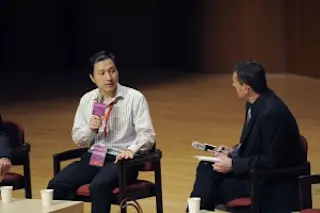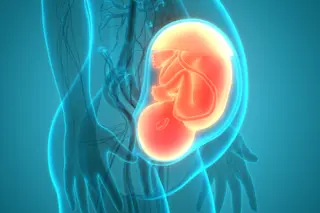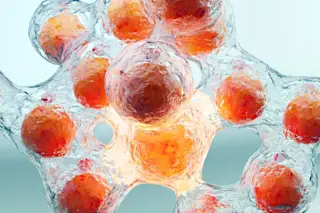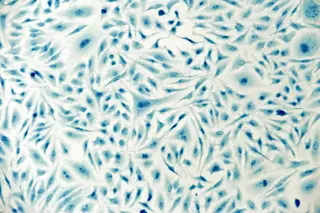Uncertainty continues to swirl around scientist He Jiankui’s gene editing experiment in China. Using CRISPR technology, He modified a gene related to immune function in human embryos and transferred the embryos to their mother’s womb, producing twin girls.
Many questions about the ethical acceptability of the experiment have focused on ethical oversight and informed consent. These are important issues; compliance with established standards of practice is crucial for public trust in science.
But public debate about the experiment should not make the mistake of equating ethical oversight with ethical acceptability. Research that follows the rules is not necessarily good by definition. As He pushed ahead with human gene editing, how much he skirted the rules may not be his primary ethical failing.
A statement signed by 122 Chinese scientists proclaimed He’s work “crazy”and in violation of ethical standards. Is that really the case?
Scientists undertake medical research to generate knowledge ...














